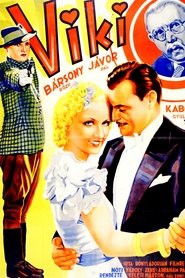detail profile s c3 a1ndor peti
Peran Yang Di Mainkan Sándor Peti
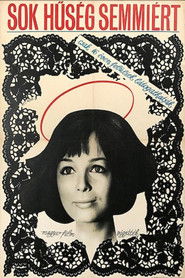 Eve the old professor zsongjk beautiful...
Eve the old professor zsongjk beautiful...Faithful for Nothing 1966
Eve, the old professor zsongják beautiful wife surrounded by colleagues. When the professor's going away for a conference abroad, intensifying the suitors attempts. Eve, however faithful to her husband, so that the denials are increasing. Oddly enough, the rejected accidents ...
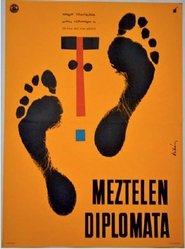 Flix a somewhat clodhopping young man...
Flix a somewhat clodhopping young man...The Naked Diplomat 1963
Félix, a somewhat clod-hopping young man, finds himself in the Grand Hotel of Little Lagonda, barefooted and in pyjamas. He is soon followed by a hooded, fat and leggy gangster. This is all the more strange as the hotel is under quarantine with the pretext of a plague-epidemic, in order to make it a suitable ground for the negotiations of certain oil-companies.
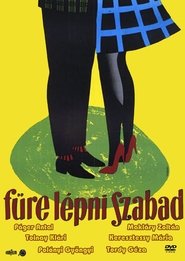 Daddy Krsz the stakhanovist worker complains...
Daddy Krsz the stakhanovist worker complains...Don't Keep Off the Grass 1960
Daddy Kárász, the stakhanovist worker, complains in a television interview about the fact that his family, consisting of many members, cannot get a home on their own. Kéri, the chairman of the local authority, promises to help him on the condition that if he does not, they may move in to his villa at elegant Pasarét. Nothing happens, therefore the Kárász family takes Kéri by his word. From this time on, tumultuous scenes and frequent quarrels take place in the villa between the two families.
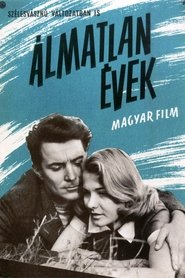 The sleepless years in this propaganda...
The sleepless years in this propaganda...Sleepless Years 1959
The "sleepless years" in this propaganda piece by director Felix Marlassy occur on Csepel Island, an island south of Budapest that is home to an armaments factory. The factory workers are shown being exploited by imperialists, capitalists gone berserk, and fascists, more or less in that exact chronological sequence. The heavy-handed approach does much to undercut the belief that when socialism finally takes over, the lives of the workers are brought up to a human level. In this instance, audiences might prefer a more nuanced and subtle statement, no matter what the message.
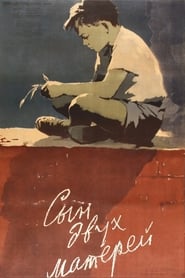 Dani the fewmonthold little boy born...
Dani the fewmonthold little boy born...Dani 1957
Dani, the few-month-old little boy born outside marriage is left by Eszter in the lap of her companion on the train. The widowed Aranka takes him willingly to her. The child is already ten years old and has a good life with Aranka. Then Géza enters their life and he does not welcome the child of someone else.
 The flat of Doctor Bartha is...
The flat of Doctor Bartha is...Tale on the 12 Points 1957
The flat of Doctor Bartha is wetting, the Communal Management Enterprise does not act, the doctor and his wife are at the edge of divorce. Géza would marry his colleague, Kató, but mum is sick, the apartment is small, no money. Uncle Károly is fed up with unsuitable, charlatan business managers. Vali would marry, in order not to live on Titi and Piri any more, but the selected man wants to have a woman with her own apartment. All of them have a chance by the lottery, especially by hitting twelve scores.
 In a rural scenery in the...
In a rural scenery in the...Merry-Go-Round 1956
In a rural scenery in the throes of difficult changes lives a humble but promising young farmer girl called Mari Pataki. Her father forbids her from seeing the man she loves. The father, above all preoccupied by work on the fields and prospective wealth, decides to give his daughter in marriage to an old but rich man with whom he does business. Land marries land, he says. This seems to be the unyielding rule of the Hungarian peasantry. But the young lover is ready to stand up to any challenge to keep Maris love.
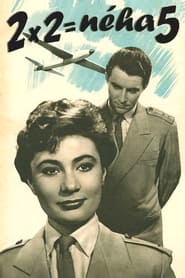 One of the most popular musical...
One of the most popular musical...2x2 Are Sometimes 5 1955
One of the most popular musical comedies of the 1950s starts with flirting between a bohemian sport pilot and a serious mathematics teacher. The lesson is that in life, not everything happens as would appear logical at the outset. In the wake of the inflexible and demagogic dramas of Stalinism, this colourful comedy was a true breath of fresh air. It is innovative not only for being full of great hits but also for being the first film in a very long time that was about pure love.
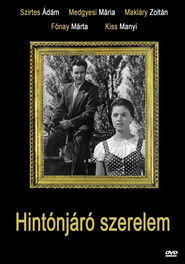 The top management of the cooperative...
The top management of the cooperative...Love Travelling a Coach 1955
The top management of the co-operative in the rural community at Lake Balaton goes on coaches everywhere to irritate Mrs. Peczöli, the snobbish wife of the only individual farmer. Peczöli would readily join the co-operative, should it not oppose his apple improving experiments.
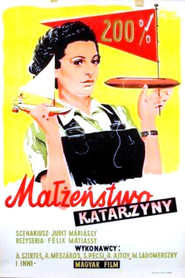 Kis Katalin and Varga Jska are...
Kis Katalin and Varga Jska are...Catherine' Marriage 1950
Kis Katalin and Varga Jóska are getting married. During their honeymoon they are preparing plans for the future. Katalin, however, seems to lag behind both in her studies and the work competition, becoming a couch potato version of a wife. Jóska, instead of trying to help, does nothing else than his work.
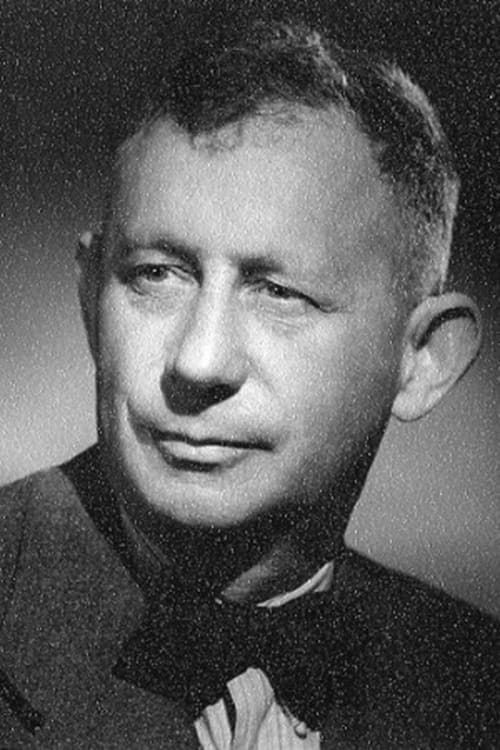
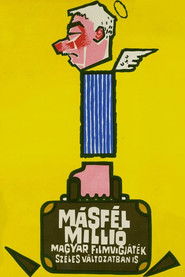
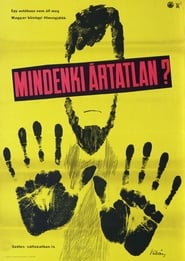 A young woman on board of...
A young woman on board of...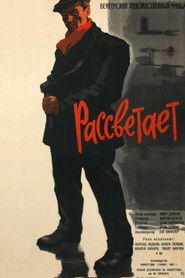
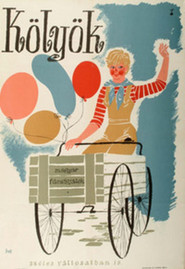 Klyk this lovely hamhanded young woman...
Klyk this lovely hamhanded young woman...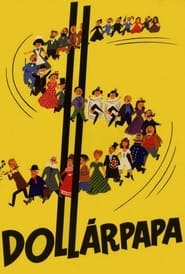
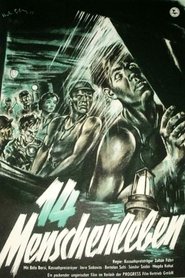 September 1952 in a mine in NorthernHungary...
September 1952 in a mine in NorthernHungary...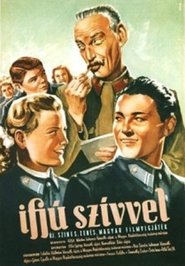 In the vocational school the professionally...
In the vocational school the professionally...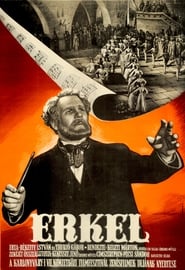
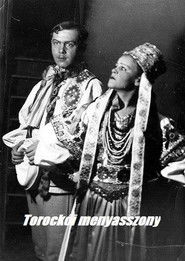 Andrs and Rzsi have been engaged...
Andrs and Rzsi have been engaged...